- Home
- Residential
- Blog
- Going Natural with Homemade Cleaners
[Post Date]
Going Natural with Homemade Cleaners
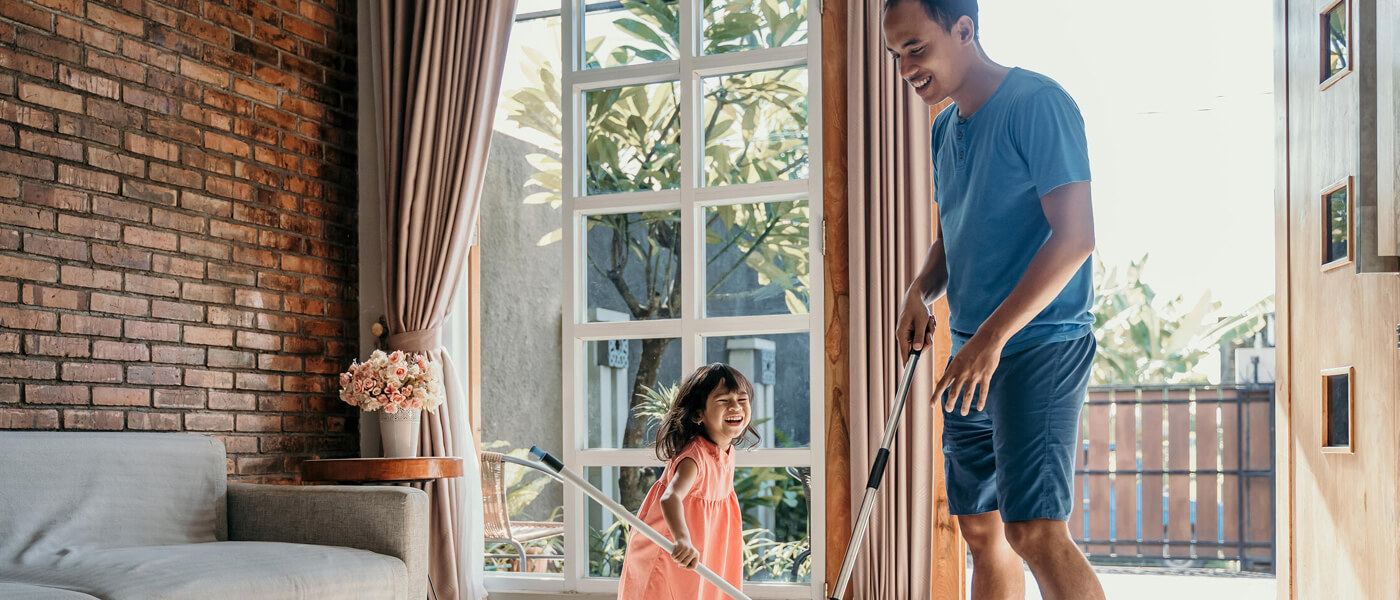
The ingredients may just be sitting in your pantry and it may be just as effective as those store bought cleaners.
With the new year approaching, spring cleaning will definitely be on everyone’s agenda. Before you head down to the supermarket to buy that new multi-purpose cleaner, you may want to look around your pantry first. A couple of key ingredients to that effective homemade cleaner may just be sitting right there.
Why should you make your own home-cleaning products?
Homemade cleaners are beginning to gain traction among households and here are some reasons why as to the rise in their popularity.
Making your home safer
By making your own cleaners, you are opting for a non-toxic option and you know what goes into your cleaning solution. Many conventional cleaning products come with a long list of ingredients that are not recognisable and that can be downright dangerous.

Some of the ingredients used in conventional cleaning are allergies or asthma triggers. Reduce the use of unnecessary chemicals to make your home safe for your family.
Parents can also have an ease of mind by putting together their own cleaning solutions with natural ingredients. Children and pets are especially vulnerable due to higher exposure levels because of their size. With homemade cleaning solutions, parents do not have to worry if their child gets too close. They can even give them a sponge with a squirt of homemade cleanser and imitate their cleaning actions.
Cleaning your home at a fraction of a price
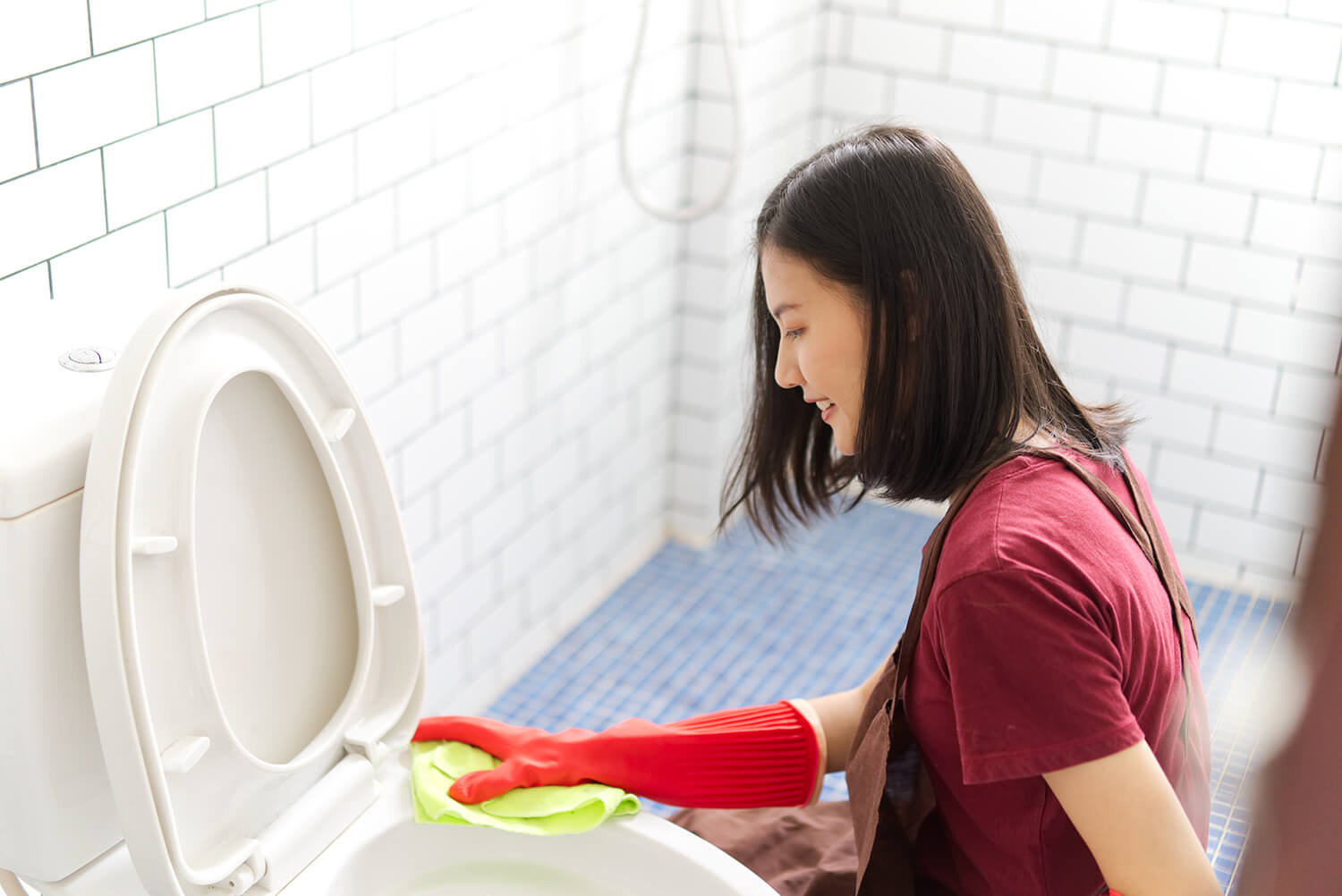
Homemade cleaning solutions surprisingly require only a couple of key ingredients. All you need may be some lemon, baking soda and vinegar to make that cleaning solution to get all the dirt out. These are essentially the three magic ingredients that can clean just about anything if you think they may not be as effective as store bought cleaners.
Read on to see how you can make some for yourself
Helping the Environment
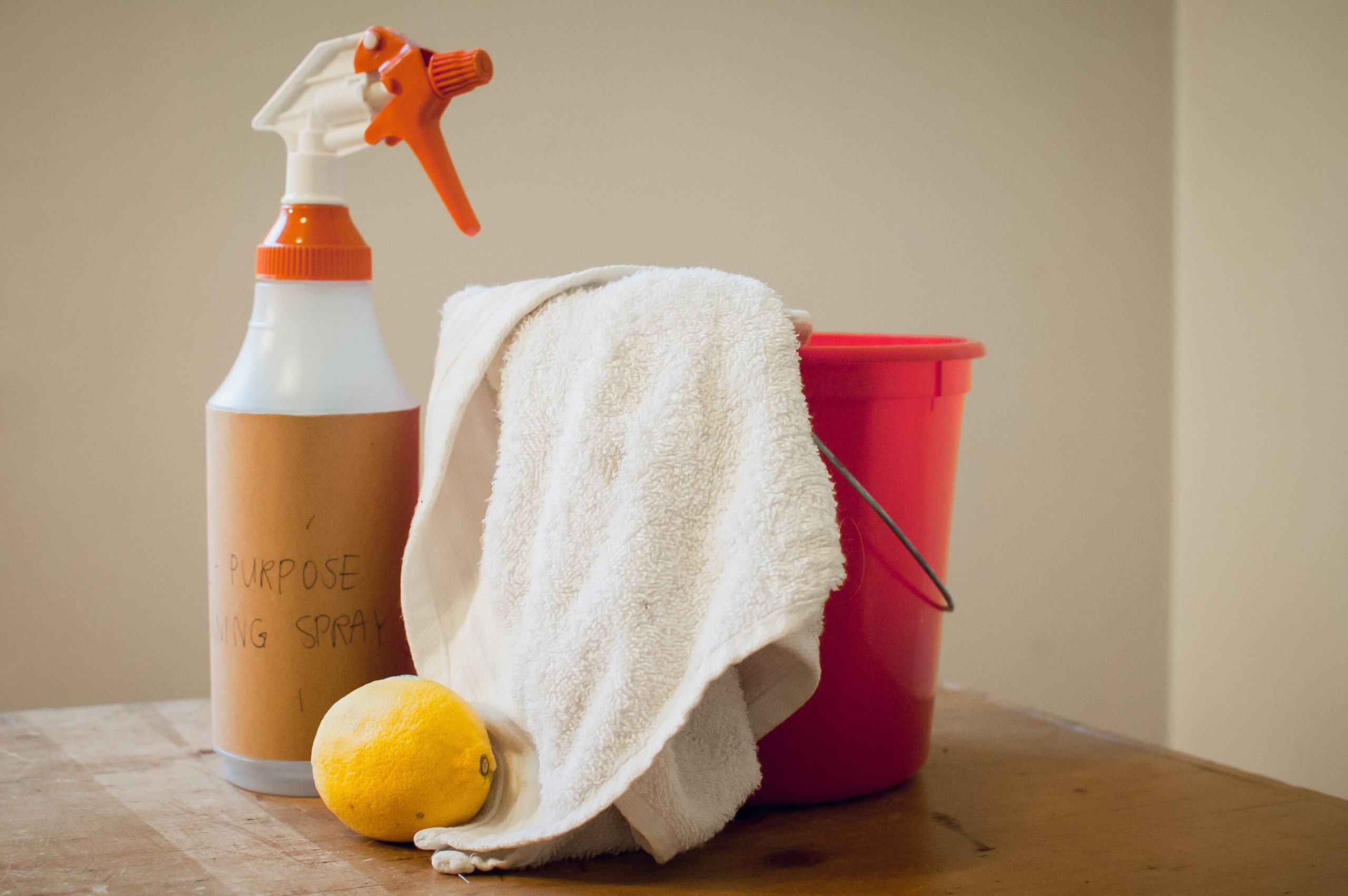
Making your own cleaning products is a step towards an even more sustainable lifestyle. Some conventional cleaning products contain ingredients that are toxic, hazardous and non-biodegradable. Many of which come from non-renewable resources like petroleum and adversely affect our planet’s ecosystem.
How to make your own own cleaning products?
All-purpose cleanser
Ingredients:
- 8 tbsp vinegar
- 4 tbsp baking soda
- 1 litre of water
- Lemon rinds (optional)
Mix the vinegar and baking soda with water and shake it all up. Pour it into your own spray bottle to create your own all-purpose cleanser.
You can use it to remove water stains in the shower, clean any surface and make it smell nice with an added touch of lemon. It not only makes it smell good, but has additional cleaning properties
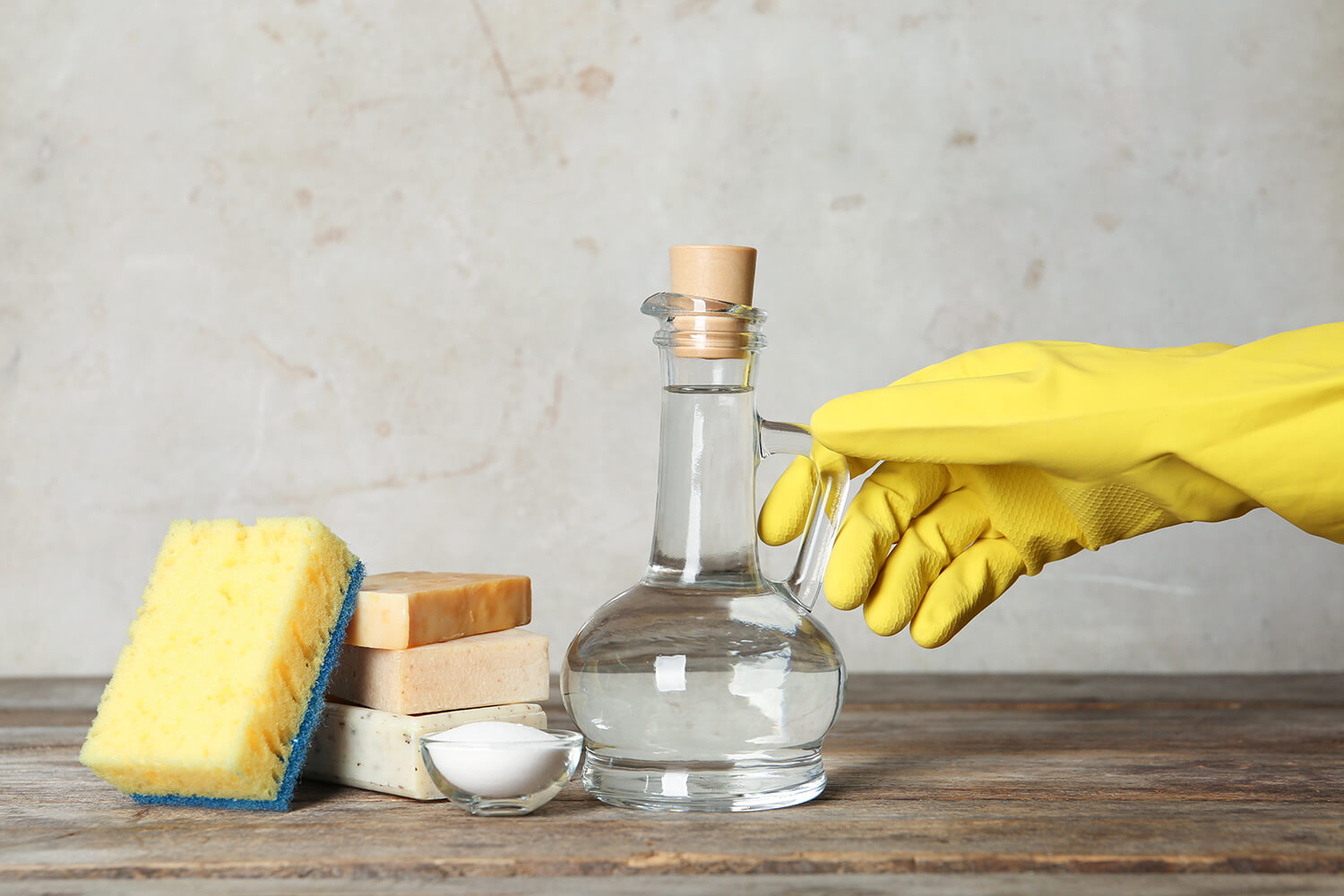
Drain unclogger and drain freshener
Ingredients:
- 1 cup baking soda
- ½ cup warm white vinegar
- 1 tbsp salt
If your drain is clogged or is beginning to smell this natural recipe will remove the clog and freshen up. Mix baking soda and salt and pour down the drain. Warm the vinegar, pour down the drain then immediately plug up to keep it all inside the drain. Leave for half an hour then run through hot water for a few minutes. Might need to repeat in some cases.
Window cleaner
Ingredients:
- ¼ cup of white vinegar
- 1 tbsp of cornstarch
- 2 cups of warm water
This mixture will clear your windows and make sure you its streak free.
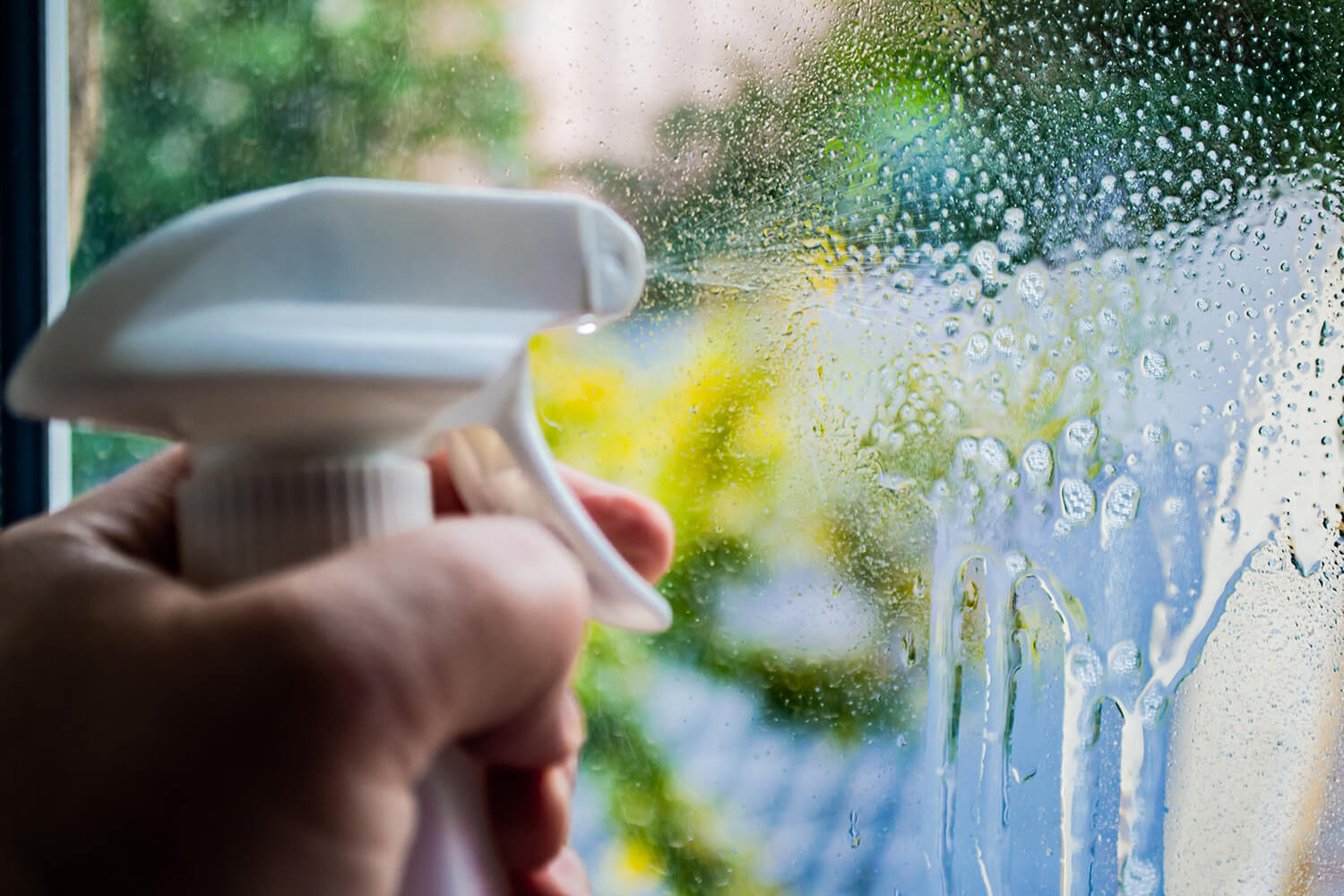
Bathroom cleaner
Ingredients:
- 2 cups of water
- 3 tbsp white vinegar
- 20 drops of tea tree oil
Get your toilet smelling clean with this solution as you mix it up and use a sponge or cloth to keep it spick and span during your weekly clean.
Green Living at Home
Making small changes around the house can really add up to make a difference as a whole. Opting for homemade natural cleaning products not only have positive impacts for your family and home in the long run, but also for the earth. You can also make a conscious effort by opting to save electricity and and learn how to cool your home naturally as well. We promise that it will help you fight the heat.
References:
- Elangovan, N. (2020, June 5) Singapore households generated additional 1,334 tonnes of plastic waste during circuit breaker: Study, Today Online.
https://www.todayonline.com/singapore/singapore-households-generated-additional-1334-tonnes-plastic-waste-during-circuit-breaker
Image Credits: Nylon Coffee Roasters
Source: The Sustainability Project
